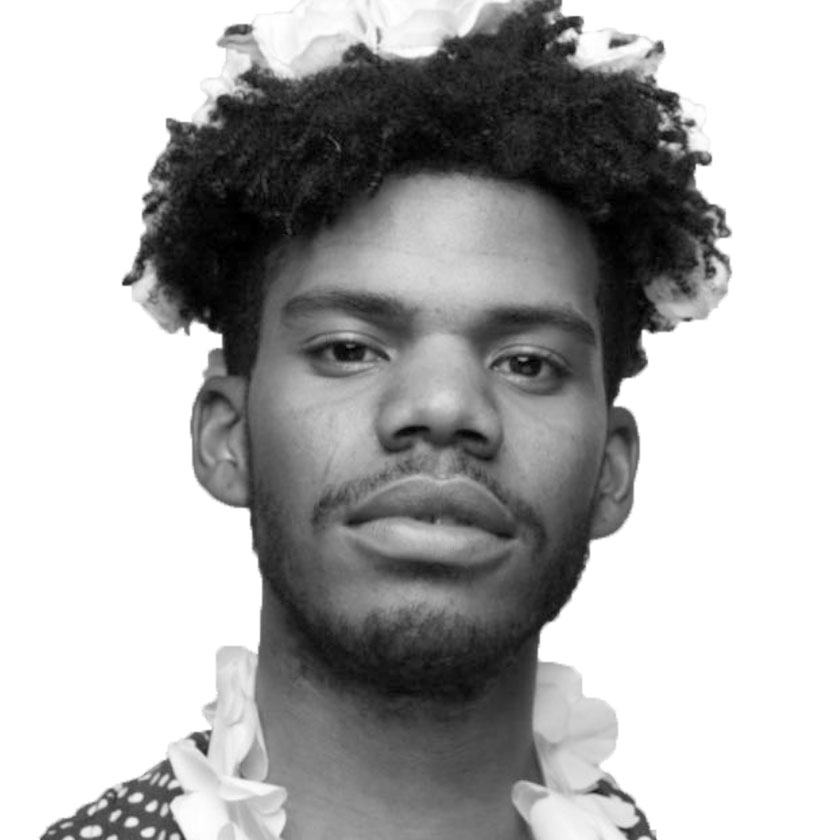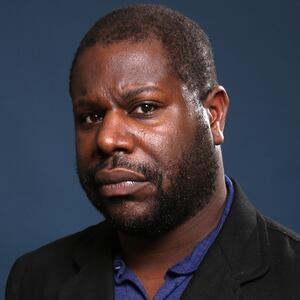The history of the video game industry can be observed as a decades-long struggle between corporate interests and hackers. Another cavernous notch in the timeline came today as an unidentified source leaked a torrent link to 125GB of data to 4chan containing so much tea—including streamers’ comment histories, source code, streamers’ income, and data indicating Amazon Game Studios (the company purchased Twitch in 2014) is developing a gaming suite and Steam rival, codenamed Vapor. Attached to the drop was a cheeky message reading, “Jeff Bezos paid $970 million for this, we’re giving it away FOR FREE.”
The leak comes at the height of a growing cultural schism between Twitch’s vast creator base and the platform’s more profit-seeking interests, creating a sense that these concerns are mutually exclusive but, according to a number of streamers who spoke to The Daily Beast, they don’t really have to be.
In August, streamers used the hashtags #TwitchDoBetter and #DoBetterTwitch to inspire change from the platform around protecting creatives of historically oppressed backgrounds who find themselves the constant targets of “hate raids”—when anonymous users create bots to harass streamers by overwhelming their chat feeds during a live stream. “It’s so heartbreaking to see all the stories of marginalized people on the platform being attacked for something outside of their control,” the streamer Rek It, Raven! who originated the hashtag told Kotaku back then. “We shouldn’t have to feel fear to press ‘go live.’” These days, though, streamers are less heartbroken and more fed up. Just last month, a number of streamers participated in boycotts demanding Twitch to do more in the way of protecting those most susceptible to hate.
Twitch has attempted to curb the hate raids by adding tools and resources for creators to exercise more control over their chat spaces. Sources that spoke to The Daily Beast on the condition of anonymity said that internally, the boycott was horrible. The company released safety tools last week that would add phone verification chat controls to confirm accounts in a chat are from actual people. While the usefulness and success of their new suite of tools remains to be seen, the biggest lessons Twitch has learned thus far concern transparency. Sources say that there was a lack of communication from platform to user base that has contributed to growing mistrust. Some users didn’t know they had access to the safety tools that were at their disposal. The biggest frustration internally, according to sources, was that despite the changes, Twitch has lost trust from a number of users within the community.
What’s been unpacked from the leak, specifically the astronomically high payouts of Twitch’s top 100 streamers between August 2019 and the present, reveals the millions of dollars that the app disperses among a very small subset of users. At the tippy top, as Twitch user KnowSomething found, accounts like CriticalRole (a Dungeons and Dragons web series that made $9,626,712.16 in that time), Overwatch personality xQcOW ($8,454,427.17), and video blogger summit1g ($5,847,541) take in the largest hauls. As much as their content represents a wide range of interests, the common thread among them—and most of the top earners on the list—are that they are white men. These figures do not account for donations, sponsorships, or any of the many other sources of income streamers pick up. There’s also former FaZe Clan member Tfue, who was banned in 2018 for calling a Black player a “coon” while live streaming a Fortnite match and made $5,295,582 in the last two years. Twitch did not comment on the previous bans of their users nor the details of payouts provided to their highest earners.
While most of the details have yet to be parsed, it seems that more revelations will only increase users’ ire. Black, brown, queer and non-male creators, who have to spend dozens of hours beaming a live-viewing audience into their homes and are usually paid dust, are constantly in need of funds to make the investment worth it. With numerous hateful accounts filling up their streams, the fact that Twitch distributes most of its money to users that don’t have to deal with that level of hate is not lost on streamers. “Coming after the hate raids,” Twitch streamer Briggsycakes told the Daily Beast, “and seeing the most well-paid streamers being mostly white and male despite Twitch preaching diversity… it’s annoying, it’s frustrating.”
This breach comes less than a week after Twitch announced it would be testing a feature that would essentially allow users to pay for heightened exposure on the platform. The feature, “Boost This Stream,” was tested with about 100 channels, sources say, and is still being ironed out behind the scenes. A spokesperson for Twitch told The Daily Beast that “there is a chance this never launches fully, or it could evolve into something else entirely.”
But the announcement was enough to motivate a number of streamers to voice their anger. With an already outsized influence, users who make millions of dollars are much more likely to grow their follower base, while those with less have less literal space to promote their work. The idea that the app must cater to a very small number of wealthy influencers while the masses compete with one another for the smallest window of viewership betrays a fundamental principle within the subculture: community play. It also doesn’t make very much business sense. “Corporations gonna corporate,” Briggsycakes writes, “and most people don’t care about BLM or their creators unless they make money. Not to mention that most businesses are very short-sighted in their plans and this has caused a massive rift that I believe creators are just sick of. At least I am. Especially since the problem can be fixed.”
Those problems, which are highlighted by the pay disparity but also elevated by the sickening hate raids marginalized streamers receive, is leading creators to hop off the app. At the very least, last month streamers let their feelings be known via an international boycott. “It was easy for me at the time,” Briggsycakes mentions, but having lost their job recently, they’ve been “hesitant to really use Twitch without feeling unseen… they see Black people and people of color as commodities and nothing more. Nothing changed.”

Rajah Caruth checks his live-broadcast Twitch stream as he competes in the eTruck Series Night in America Powered by FilterTime, a live-online NASCAR Truck Series race on the iRacing platform, from his bedroom of his parent's home on March 19, 2020, in Washington, D.C.
Patrick Smith/GettyAs far as the top streamers go, some of them—like “leftist” streamer Hasan Piker, who recently came under fire for buying a $2.7 million house in West Hollywood—dismiss the payout leak, as their sub counts are readily available to all those watching. He hasn’t said much about the actual disparity nor the details of the leak, but it also may be a case of the hustle culture that undergirds streaming communities. Briggsycakes mentions that they “personally don’t care how much money they make; you earned it, spend it. But I cannot overlook the disadvantages that are apparent.”
For its part, while Twitch has confirmed the leak, the company has yet to answer for what’s been uncovered. When asked about the leak and the concerns of its users, a spokesperson for Twitch told The Daily Beast: “We’re currently investigating the issue and will have more to share as we have additional detail."
These issues of protection, of pay disparity, and care, have been public talking points for years. In February of 2018, after a round of policy changes that were meant to raise the standards of protection, Twitch’s Twitter profile asked users to “Please watch us closely and hold us accountable. This first update clarifies our guidelines, but we know we’ll be judged on how we enforce them.” If the continued frustrations of many of its users is any indication, Twitch hasn’t fulfilled their end of the bargain. And the clock is ticking.







